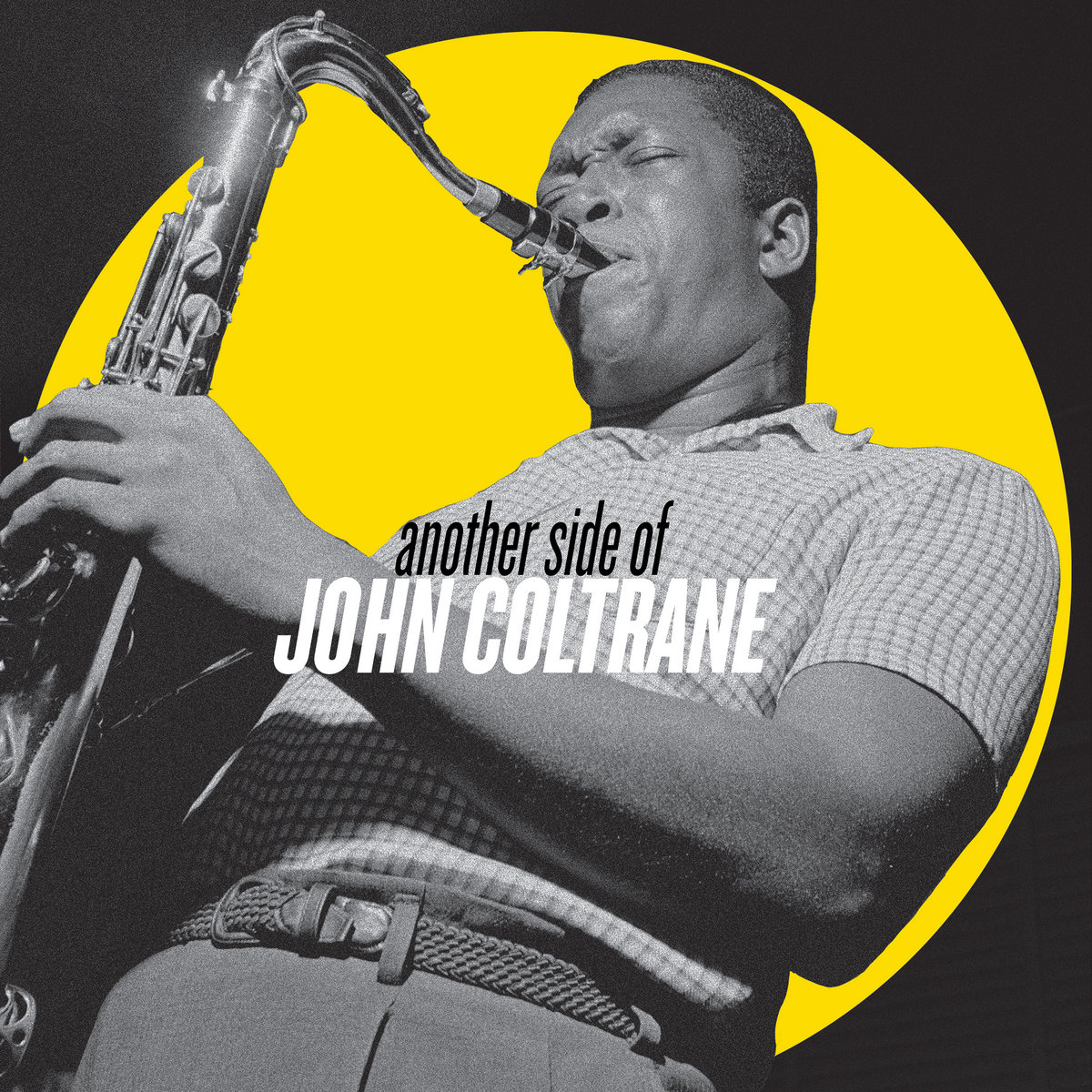Early Life and Musical Beginnings
John William Coltrane was born on September 23, 1926, in Hamlet, North Carolina. Raised in High Point, Coltrane was introduced to music early, playing the clarinet before switching to the alto saxophone in high school. His deep musical journey began after moving to Philadelphia in 1943, where he enrolled at the Ornstein School of Music and later joined the U.S. Navy during World War II, playing in a military band.
Career Milestones and Evolution
Sideman for Jazz Greats (1945–1956)
Coltrane’s early career was marked by collaborations with Dizzy Gillespie, Earl Bostic, and Johnny Hodges. However, his major breakthrough came in 1955 when he joined Miles Davis’s First Great Quintet, playing alongside Red Garland, Paul Chambers, and Philly Joe Jones. This period helped him refine his technique and introduced him to modal jazz.
The “Sheets of Sound” Era (1957–1960)
In 1957, Coltrane joined Thelonious Monk’s quartet, a transformative period that saw him develop his signature “sheets of sound” technique—an intricate, rapid, multi-noted improvisation style. That same year, he recorded “Blue Train”, his first album as a bandleader, widely considered a hard bop classic.
By 1959, Coltrane played on Miles Davis’s “Kind of Blue”, a landmark modal jazz album. He also released “Giant Steps” (1960), featuring the now-famous “Coltrane Changes”, a revolutionary harmonic structure that challenged improvisers.
Spiritual Awakening and Avant-Garde Exploration (1961–1967)
Coltrane’s spiritual and musical transformation began in the early 1960s. His interest in Eastern philosophy, African-American heritage, and religion influenced his work, culminating in the “classic quartet” with McCoy Tyner (piano), Jimmy Garrison (bass), and Elvin Jones (drums). Their work on albums like:
- “My Favorite Things” (1961) introduced his innovative use of the soprano saxophone.
- “A Love Supreme” (1965) was a deeply spiritual masterpiece expressing his gratitude to God, becoming one of the most influential jazz albums of all time.
Later, Coltrane moved further into free jazz, working with avant-garde musicians like Pharoah Sanders and Alice Coltrane, his wife. His final works, such as “Ascension” and “Interstellar Space”, embraced an increasingly spiritual and abstract approach.
Social and Cultural Impact
Jazz as a Spiritual and Political Force
Coltrane’s music was not only innovative but also a symbol of spiritual and social awakening. Albums like “Alabama” (1963) were composed in response to the 16th Street Baptist Church bombing, a racist attack that killed four African-American girls. His deeply emotional playing on the track served as a protest against racial violence and a call for justice.
Influence on Future Generations
Coltrane’s legacy extends far beyond jazz:
- His technical mastery and harmonic advancements have influenced saxophonists in jazz, rock, and beyond.
- His spiritual themes inspired musicians such as Carlos Santana and Ravi Coltrane (his son).
- His devotion to improvisation and exploration paved the way for free jazz and experimental music.
Recognition and Honors
- Inducted into the DownBeat Hall of Fame (1965).
- Awarded a posthumous Grammy for Lifetime Achievement (1992).
- Declared a Saint by the African Orthodox Church due to his deep spiritual expressions in music.
- The album “A Love Supreme” was added to the National Recording Registry for its cultural significance.
Death and Legacy
John Coltrane died from liver cancer on July 17, 1967, at the age of 40. Despite his short life, his innovations continue to shape jazz, inspiring new generations of musicians. His music, blending technical brilliance with spiritual depth, remains an enduring force in jazz and beyond.
Official YouTube channel for John Coltrane:
https://www.youtube.com/channel/UCGiKlUaxFFNXkEYIW6mfbBQ
References
- Porter, Lewis. John Coltrane: His Life and Music (1998).
- Kahn, Ashley. A Love Supreme: The Story of John Coltrane’s Signature Album (2002).
- Ratliff, Ben. Coltrane: The Story of a Sound (2007).
- Various archival interviews and recordings.
John Coltrane remains a beacon of artistic integrity, spiritual pursuit, and musical genius, ensuring his place among the most influential musicians in history.


Leave a Reply